COVID-19 is a humanitarian and societal crisis of unprecedented speed and scale. Since the outbreak was first documented in Wuhan, China in December 2019, the novel coronavirus has spread to more than 170 countries around the globe, claiming thousands of lives, sickening millions and forcing billions (up to about half the world’s population as of 4thApril 2020) into confinement.
Expectedly, the World Health Organisation declared the situation a pandemic. But this isn’t just a public health problem; it is also an economic one with cascading impact across every sphere and massive disruptions to established systems. From healthcare to finance, agriculture, manufacturing and trade, travel and tourism, education to social welfare…no sector is spared!
As the global search for a cure or vaccine continues, and governments evolve new intervention approaches, businesses are adapting ways to maintain continuity and minimize operational risks—now and in the future. With most employees working remotely, experts predict that the home office and dispersed co-working spaces will be the “new normal” when the pandemic subsides.
Death of the 8-Hour Desk
Fact is: remote working isn’t new! Since the mid-90s—thanks to advancements in communication technologies—a number of businesses have embraced some degree of agile working. A 2011 study commissioned by office chain Regus, concludes: “In the future, companies will focus their strategy on a more flexible working model, where employees find their own office space.”
Trends were, indeed, heading that way even before COVID-19 pushed the population of remote employees at most organizations from about 10 percent to nearly 100 percent of the workforce in just a matter of days. While this shift is by no means final, it offers governments and business leaders a real sense of what can, and cannot, be done outside their conventional systems.
Evidently, the key to survival and long-term prosperity is adaptability. This experience will fast-track the digitalization of the workplace and entrench the “work from anywhere” ideal in the evolving organizational culture. The traditional office desk—long considered the epicentre of productivity—will shrink in value, as the 9 to 5 work trend loses currency and remote work soars.
Rise of the Gig Economy
The gig economy is part of the shifting cultural and business environment. In contrast to the traditional employment structure, it is a free market system in which organizations hire freelancers and independent contractors for specific tasks on a part-time, short-term basis—usually through an online platform. The trend has been on the rise, and it will continue to grow post-COVID-19.
Since work is “something you do, not a place”, employers can contract experts for specific projects from a geographically diverse talent pool: they are finding that there is no commercial justification to retain many staff full-time, and that they can make savings on benefits and training. Individuals are also able to take on jobs better aligned with their preferred lifestyle (think work-life balance).
Indeed, anyone—not just Millennials and Generation Zers—can find relevance in the gig economy: it includes highly skilled and semi-skilled services, which are required in virtually every sector. Though concerns around optimization of productivity and social protection remain, limited opportunities abound. But to take advantage of them, subject matter expertise isn’t sufficient.
Need for Personal Branding
Just as consumers are confronted with many good product choices, employers and potential clients or business partners also have a wide pool of jobseekers and service providers to select from. Having a strong personal brand will differentiate you from other experts in your field and increase the chances of selecting you over competitors with similar (if not better) qualification.
Simply put, your personal brand is the unique combination of personal qualities, skills and experiences that make you unique, and the deliberate work you put into defining and communicating this personal brand is known as personal branding. You’ll find a detailed guide on my blog, tonyusidamen.blogspot.com, but a summary of the important steps is presented below:
Know Yourself:Begin with an honest assessment of the brand assets you have. These include your values & beliefs (what you stand for or against), passion & interests (the industries or topics you’re most interested in), skills & credentials (useful skills or training you’ve acquired in line with these interests), grooming & deportment (how professional or appealing your overall look is).
It is important to note that personal branding isn’t about crafting a different public persona but a reflection of who you really are. The above exercise is critical because it helps you connect with your authentic self. Not only does it aid in identifying what your unique strengths and most marketable attributes are, it also brings to light areas where improvements or changes are needed.
Position Yourself:Piece together the key elements of your personal brand. What area of expertise do you want to be known for? What specific needs do you want to address and whom do you want to influence? What is your unique value proposition and why should anyone believe you? What personality traits do you want to be associated with? Refer to my personal brand positioning statement:
“My passion is to help individuals, businesses and governments tell their stories in the most compelling fashion, and build powerful, enduring brands; always inventing new, more efficient and cost-effective ways to get their messages out – a path that such diverse brands as Afrinvest, METKA Power, Total Oil, KIA, Dana Air and South African Tourism have walked with me.”
Project Yourself: You know who you are and what you can offer but if your audience doesn’t know this, it does nothing for your career or business. Hence, the need to communicate, and constantly reinforce, what you stand for. I recommend you use LinkedIn actively. Facebook, Twitter, Instagram, YouTube, Google+ and personal blogs are also good communication channels.
Whatever image you portray online must be consistent with real life, else you will be sending confusing signals to your audience and raising suspicion about your authenticity. Spot a clean and smart appearance at all times—especially at public-facing events—and seize every opportunity to share your knowledge and expertise. Remember, there is no second chance to make a first impression!
As Jeff Bezos famously said: “Your brand is what people say about you when you’re not in the room.” Whatever content you put out there—each discussion thread you contribute to, each blog post you write, each tweet you send—adds another piece to the puzzle that is your personal brand. Take the steps to ensure that the image people end up with is the best reflection of you.
Tony Usidamen is Lead Consultant of Uburu—an integrated marketing communications consultancy based in Lagos, Nigeria.
Email: tonyusidamen@yahoo.com











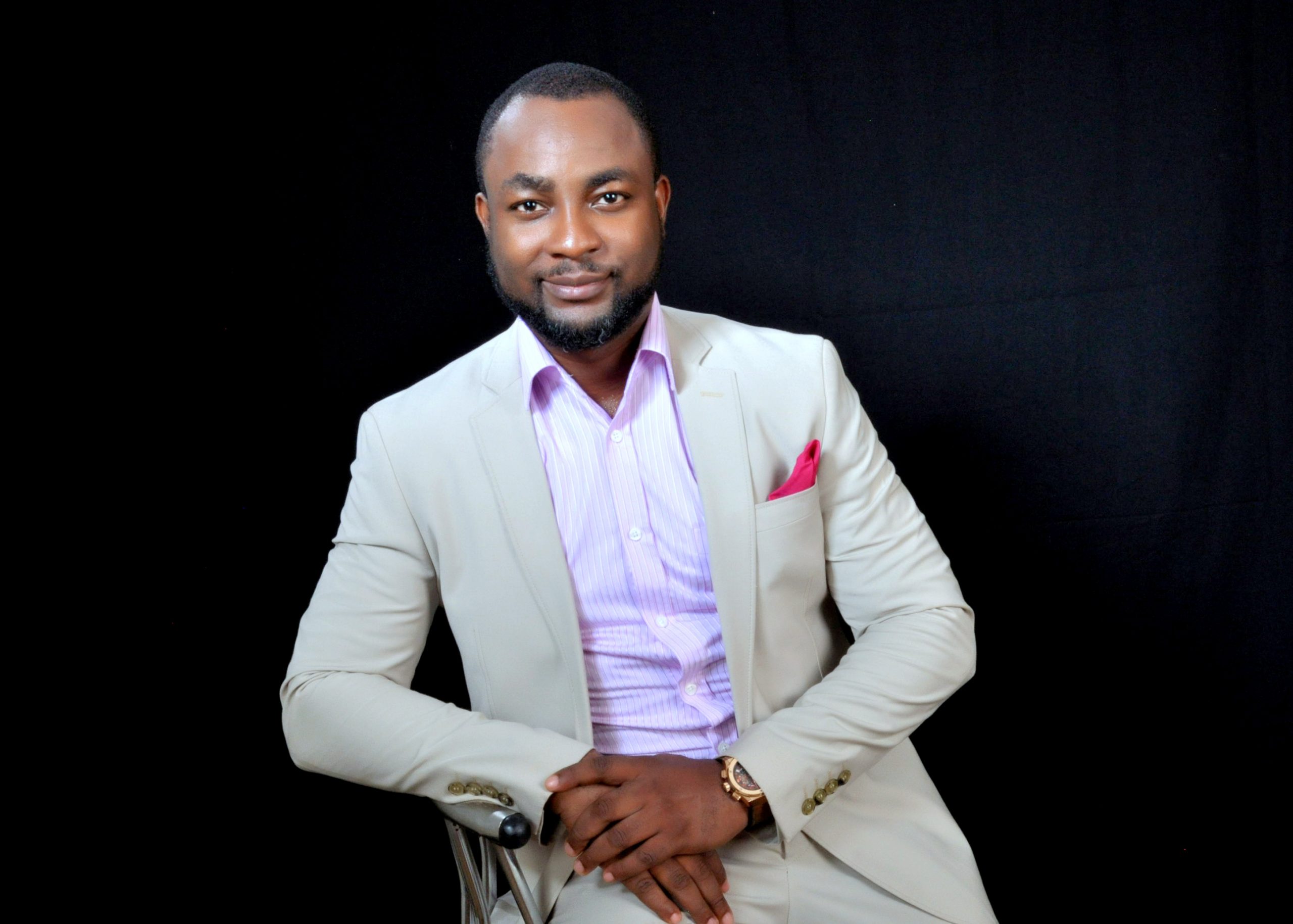


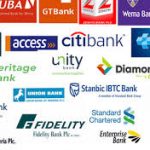



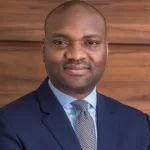


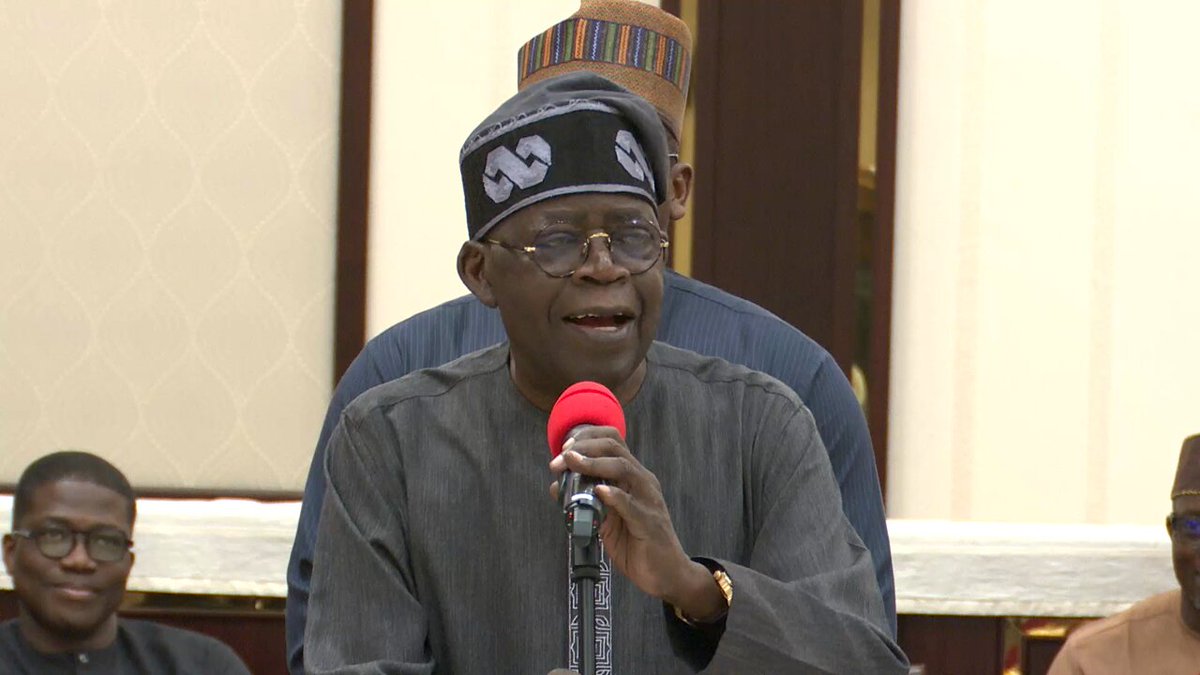

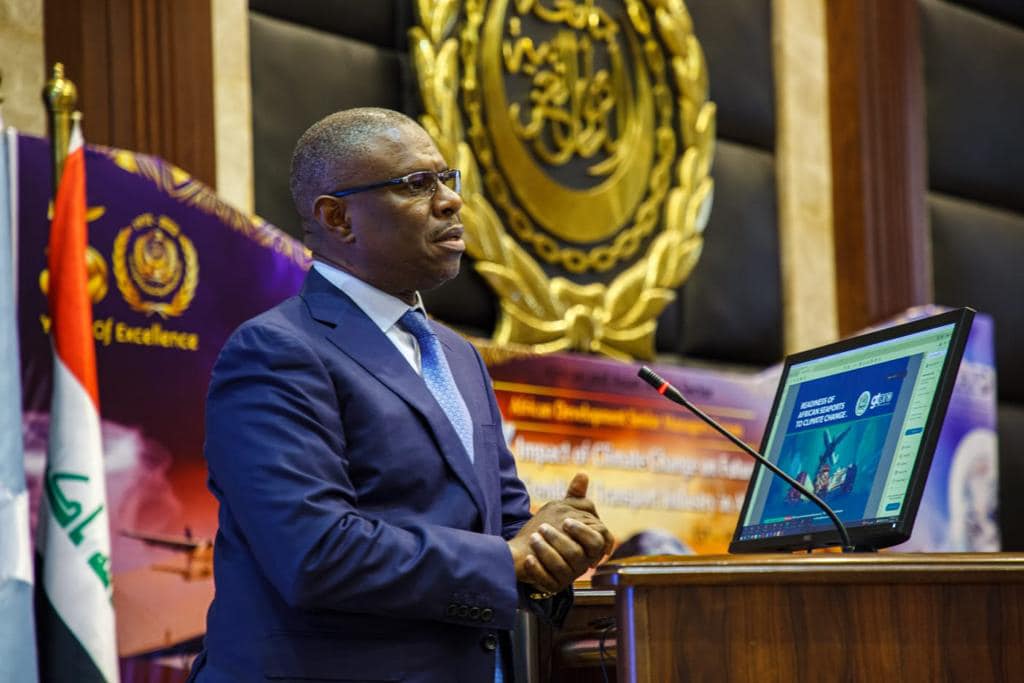

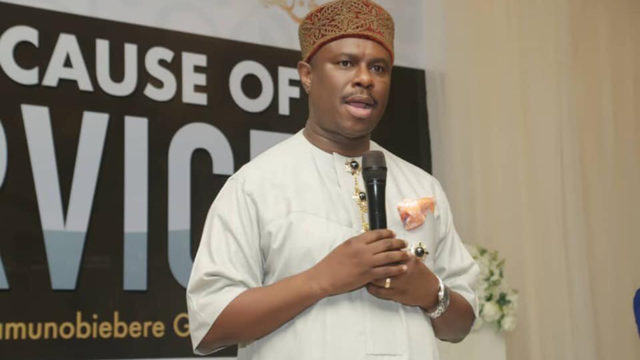



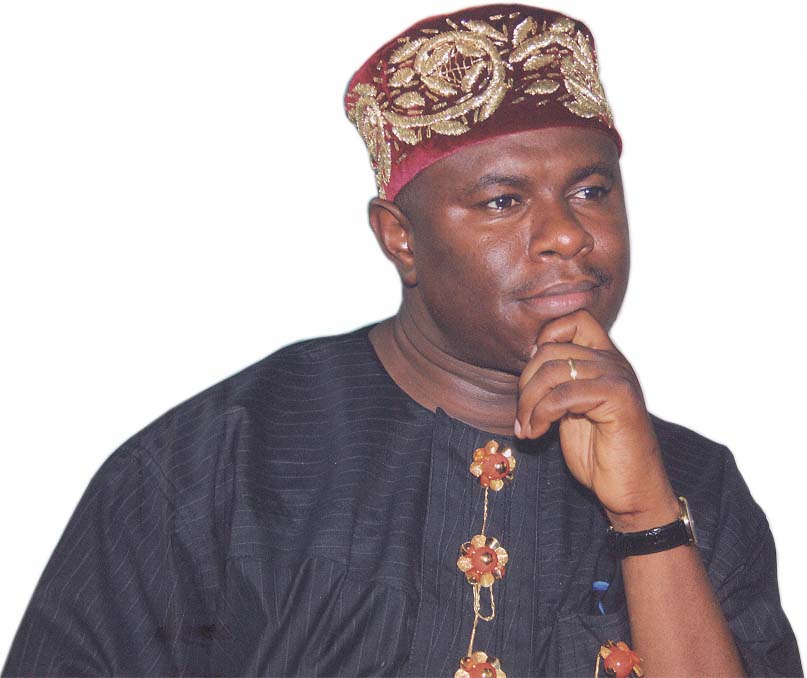

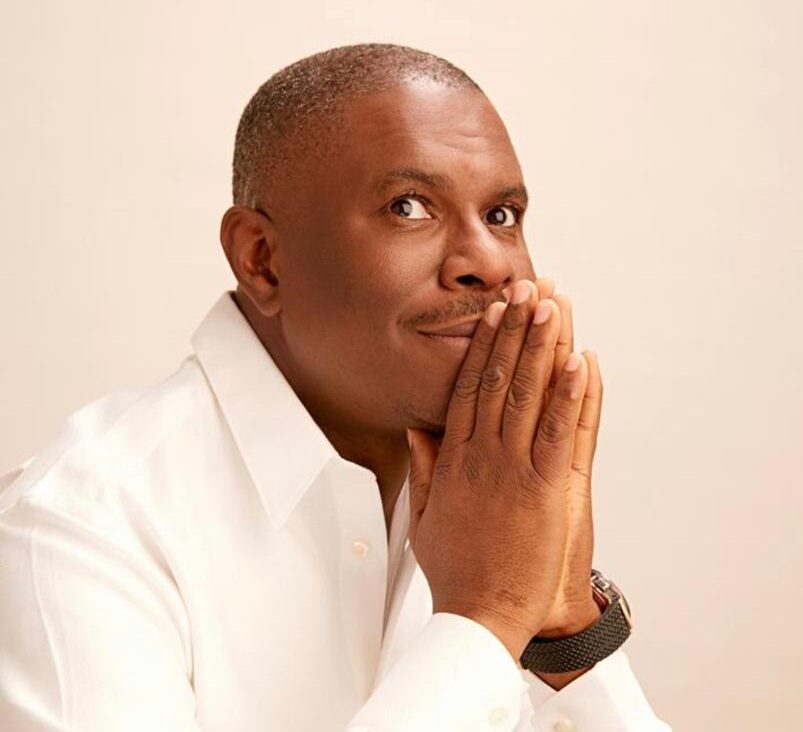

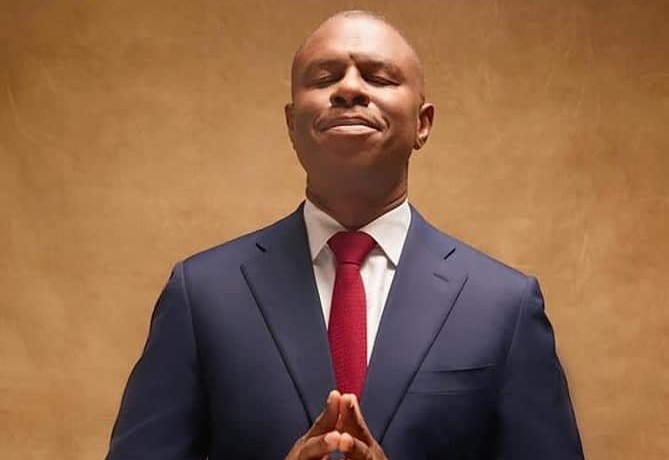
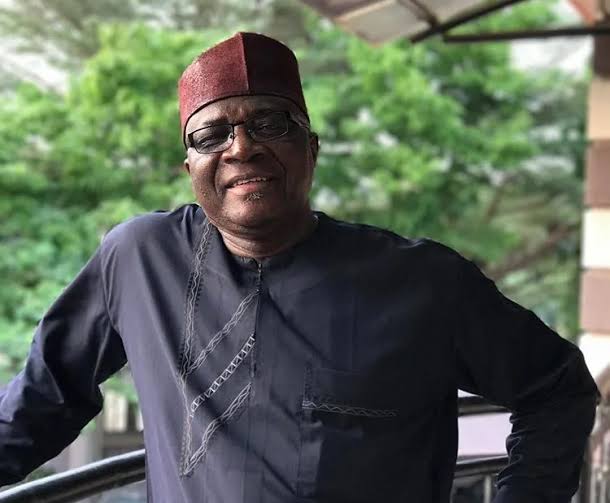
Leave a comment